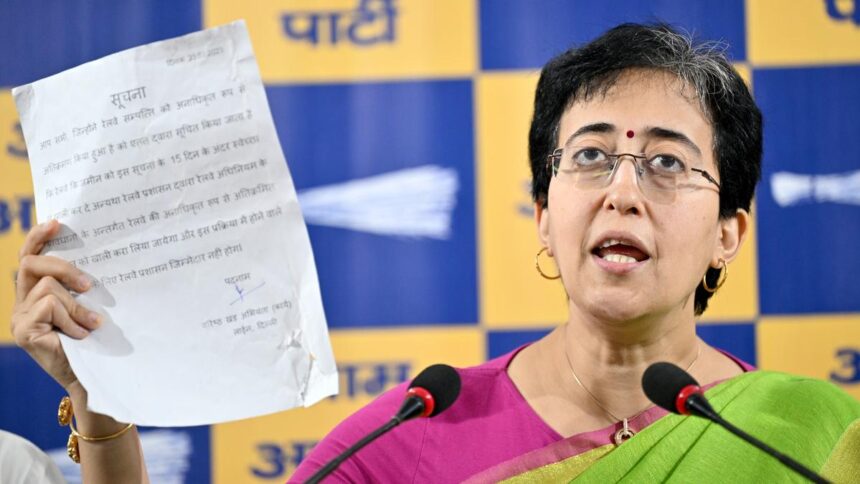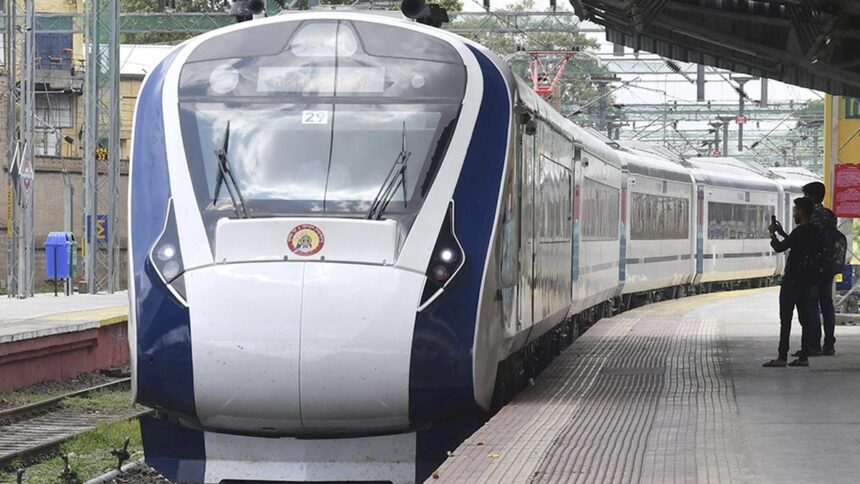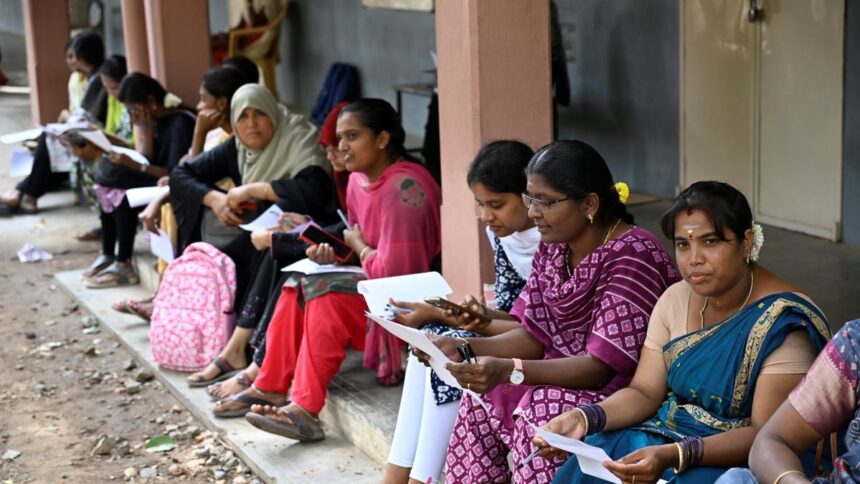
A farmer spraying fertilizer in his paddy fields on the outskirts of Vijayawada.
| Photo Credit: File photo
Farmers across Andhra Pradesh are waiting for urea for the current Kharif season, with farmers’ union leaders and agriculture officials estimating a shortage of around 40%. This is the crucial period for applying urea, and farmers fear that any further delay could severely affect crop yields. Kharif cultivation in the State covers about 31 lakh hectares.
A.P. Tenant Farmers Welfare Association State senior leader B. Balaram told The Hindu, “Even the government has admitted that there is a shortage of urea in the State. At least 40% shortage exists now. This is the right time to spray urea on crops.”
Several districts, including Srikakulam, Konaseema, Eluru, Kakinada and Kurnool, are facing an acute shortage, leading to long queues at fertilizer shops and procurement centres. Small and marginal farmers—most of them tenant farmers—are increasingly frustrated. Mr. Balaram attributed the crisis to limited allocations, disruptions in transportation due to recent floods and heavy rains.
Although nano urea (in liquid form) is available in the market, farmers are reluctant to use it, preferring conventional solid urea. “Promotion of nano urea indirectly supports imports and corporate trade. Therefore, the authorities must act appropriately to prevent crop losses,” Mr. Balaram said.
Confirming the shortage, an Agriculture Department official said the government was trying to ensure district-wise allocations. “Our district recently received 300 tonnes of urea. At least 70-75 kg of urea is required per acre, and each bag weighs 45 kg. The government supplies it at a subsidised price of ₹265-266 per bag; the actual cost is about ₹2,000, the difference being borne by the government,” the official said, requesting anonymity.
Since urea distribution is monitored through the Integrated Fertilizer Monitoring System, the State depends on allocations from the Centre. Recently, the Centre despatched 10,350 tonnes to Gangavaram port, and another 25,000 tonnes will be shipped to Kakinada port in the next one or two weeks, an agriculture official in the Secretariat said.
Published – August 31, 2025 08:23 pm IST






















